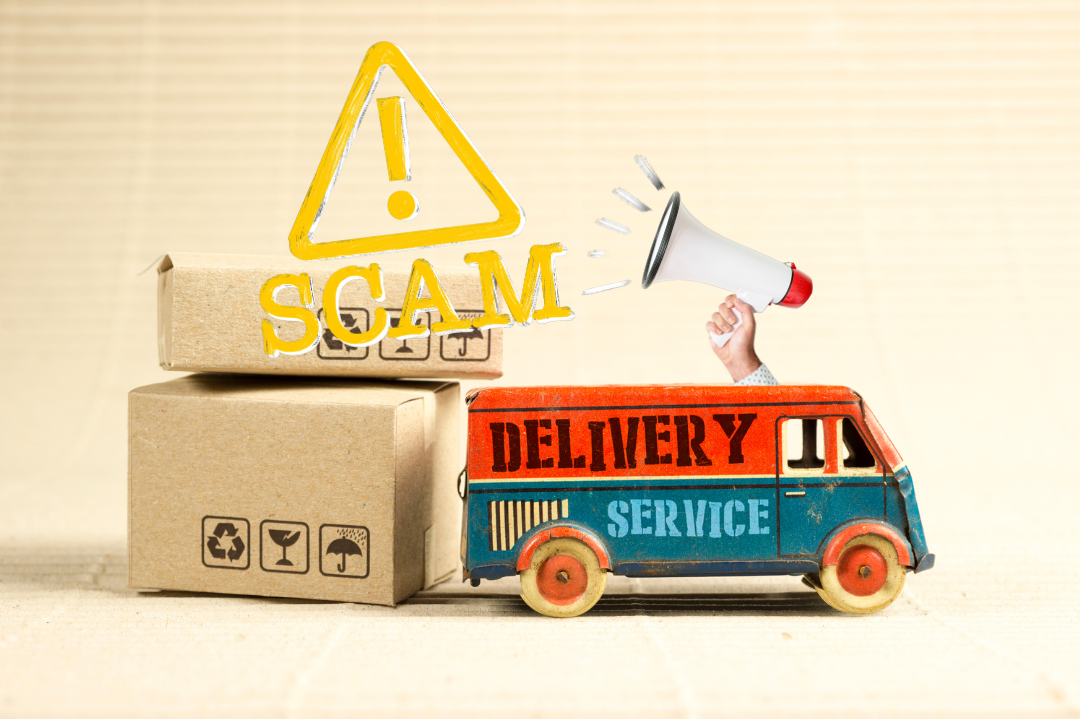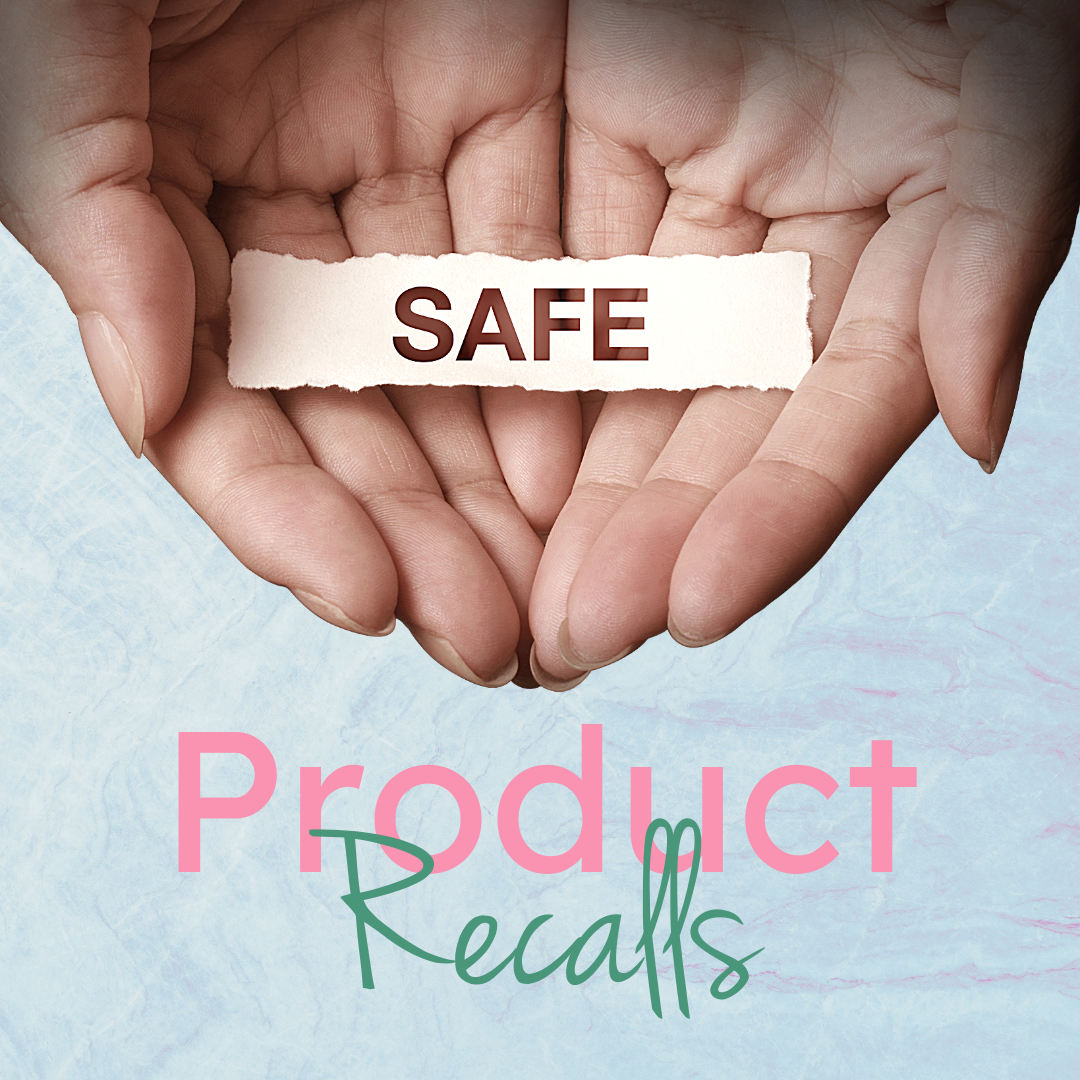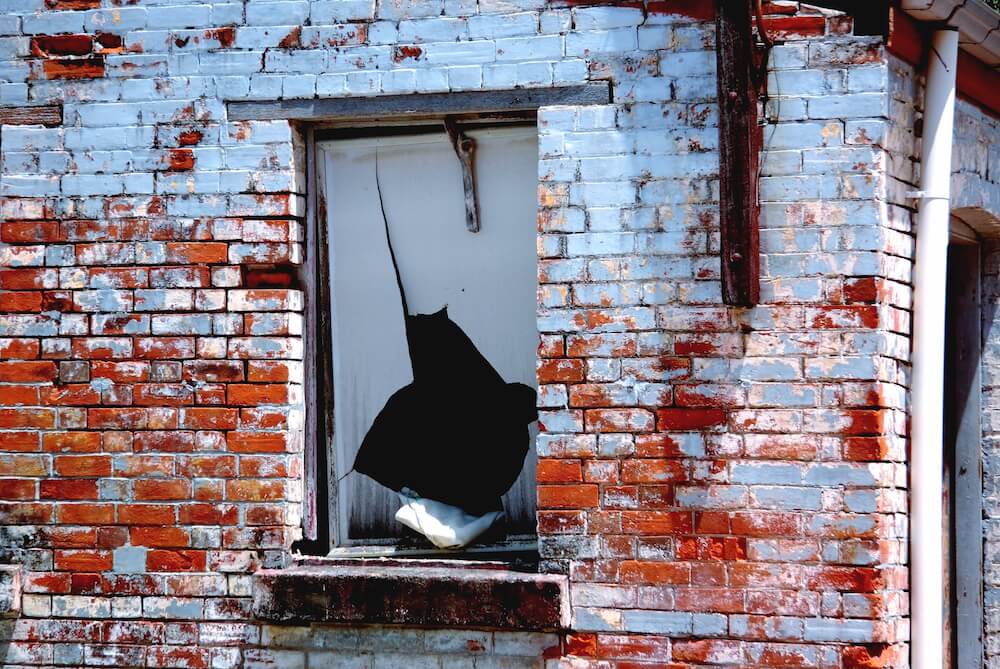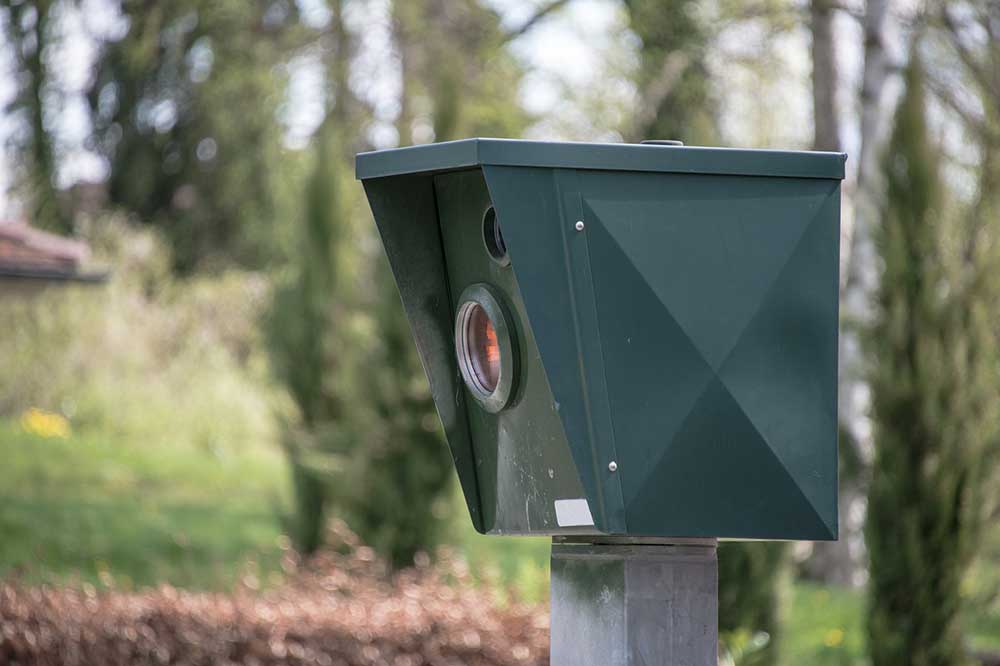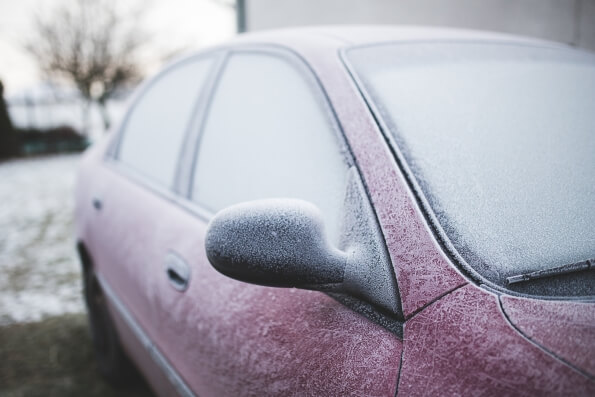When excitement turns to disappointment – things you can do about a dud event
Living in the digital age means we're able to plan our adventures from the comfort of our home. We spend our time researching and coordinating, hopeful of having a fun time, usually with our favourite people in tow. So, how can you tell if the event going to be a fizzer or a best-seller when you're reading the promotions?
Online sales are surging, and so are delivery scams
Scammers are constantly finding ways to exploit the current trend. People are out in force buying online, and as those packages go out for delivery, people expect to receive messages from shopping websites like Amazon and delivery companies including Australia Post. This makes it the perfect time for scammers to prey on consumers who are not paying close attention.
Three top tips for safer shopping and home improvement
2020 has taught us that being safety conscious allows us to enjoy the finer things in life, like cafes, family reunions, weddings and (hopefully) travel. Home improvement projects have been extremely popular as we’ve spent more time at home than ever before. When it comes to shopping, all types of shopping, safety matters too. Each year Australia has about 650 consumer product recalls. But only about half of the affected products are returned to sellers. This amounts to about 1.7 million recalled products remaining in people's homes!
Home invaders – fighting back against unsolicited salespeople
Whether it’s church groups, cosmetic suppliers or energy providers, when your door starts reverberating with that unexpected knock, the games begin. You’re in the race before you know it, your intellect strategically churning over winning solutions: Pretend I’m not home? Answer the door but shoo them away quickly? Listen to their spiel politely but tell them I’m not interested? Invite them in for a cuppa to hear what they have to say, you never know, I might save a buck or two?
Smart phones capture hellish holidays
A mobile phone camera at our ready disposal compels many of us to capture and share our life moments, even the no-so-great ones. No longer reserved only for happy snaps, such as family portraits, sunsets and visits with exotic animals, a mobile phone camera can capture your best evidence when things go wrong.
Take Mr Jonathan Kearins recent holiday for example. After researching on the internet, he booked and paid for a romantic holiday at a 4-star resort described as ‘newly opened’ and ‘luxurious’ on Thailand’s renowned Phi Phi Island. What greeted Mr Kearins and his girlfriend upon arrival however, fell way short of the idyllic accommodation described on the internet booking website.
Here’s why Australians get a free 2 year warranty on their Apple products
With the average Australian signing up for a 24 month phone contract, it is fairly reasonable to expect that their phone will be protected for the duration of that period. Luckily this is now true in Australia thanks to a decision by Aussie regulator, the Australian Competition and Consumer Commission (ACCC).
The determination by the ACCC signals and end to Apple's global 1 year consumer guarantee in Australia.
The simple truth behind the now free extended warranty is that customers are buying a product they should expect to last 2 years. Jo Ucukalo, consumer expert and CEO of Handle My Complaint explains that by signing a 24 month contact customers are committing to a single brand for 2 years. Brands ought to commit to their customers in return.
4 ways we’ve gotten out of car-related fines – part 1
This article is part 1 in our series on how to avoid unjust and unfair fines
Here at Two Hoots, we hate dodgy fines! So we've pulled together a series of tips for getting out of car-related fines in cases where we feel it was unjust or unfair to be fined.
4 ways we’ve gotten out of car-related fines – part 2
This article is part 2 in our series on how to avoid unjust and unfair fines
Do you feel like you understand the best way to appeal and avoid an unfair parking fine? If not, read on.
5 hidden fees in YOUR next rental car contract
Hiring a car? At Two Hoots we've heard of car rentals ballooning to as much 250% of the advertised price. Wow!
Watch out for these 5 common gotchas which can leave you with a shocking sky high bill.
5 things you can do to avoid getting tricked by fake online reviews
Fake online reviews have become such a menace that the UK Government has launched an investigating into online review sites to check if the information posted is 'genuine, relevant and trustworthy'.
It's estimated that 81 percent of UK consumers read customer reviews or ratings and 47 percent read blogs to help make purchasing decision.
Businesses have wised up to the importance of online reviews and some – not all – encourage friends or hire strangers to write reviews about they're product without actually trying it. In fact, a study by Harvard Business School showed 16 percent of Yelp's restaurant reviews were fake.
We've compiled a list of five classic signs of fake reviews to help you make the best decision for your next purchase.


